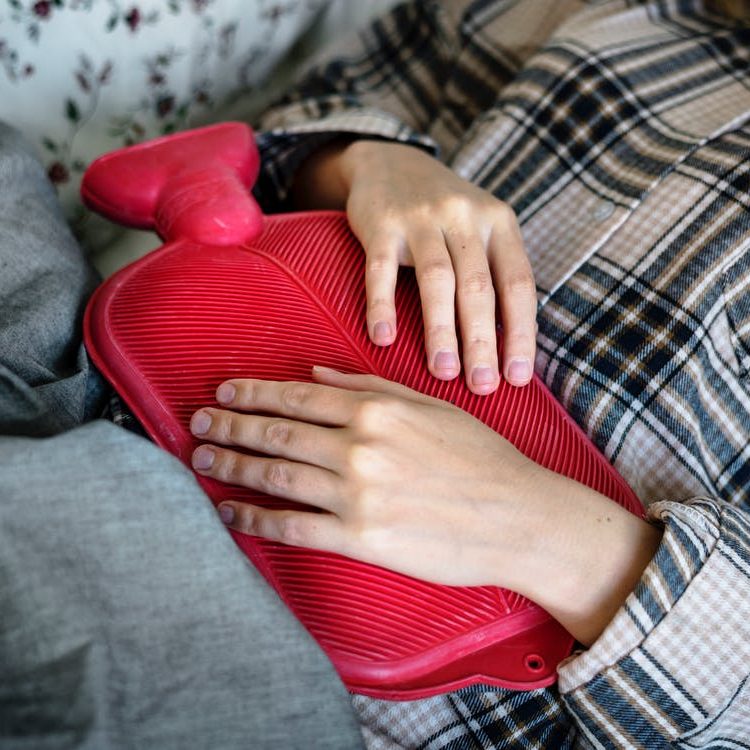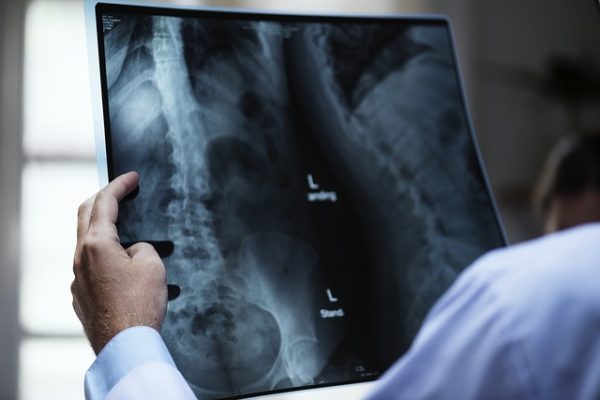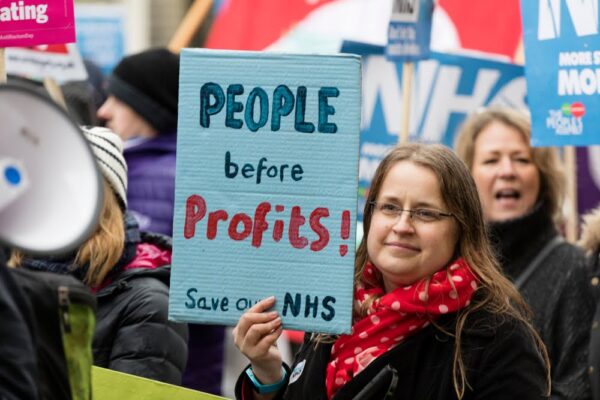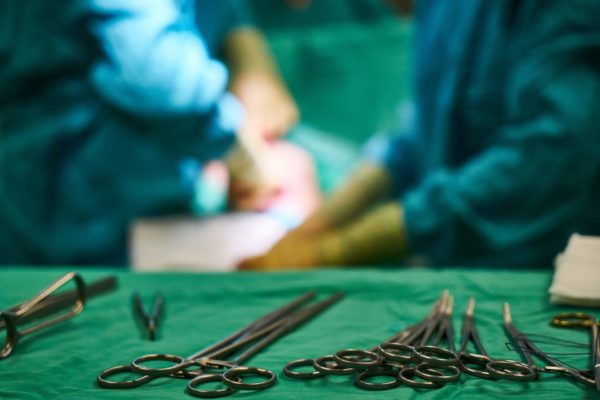
Medicspot Ltd began in 2016 as a telemedicine company based in the UK offering online GP consultations, prescriptions, health tests, and other medical services such as sick notes, medical scans such as MRI, and referral to private hospital care. In 2025, according to its website the company is focused on weight loss.
Last updated: March 2025
Strategy
Originally Medicspot started with kiosks in pharmacies that provided general healthcare advice, immediate prescriptions, referral letters and sick notes. The prescriptions could then be collected by the patient themselves from their local pharmacy. The company then moved to focus on being a telemedicine company that provides online GP appointments.
By 2025, although still offering online GP appointments, the company appears to be very focused on weight loss, offering appointments with a clinical team and tailored weight loss programmes.
On-line GP appointments began from £29; prices depend on the time of day.
Medicspot is not an emergency medical service and does not have access to medical records so cannot deal with chronic conditions if the doctor needs your records to treat you.
Medicspot Ltd was incorporated in March 2016, founded by Dr Zubair Ahmed who remains the CEO of the company.
Since launching in January 2017, Medicspot kiosks became available in over 300 locations in the UK. In July 2020, the company teamed up with Asda to offer in-store GP video-consultations with diagnostics. Medicspot offered the service free of charge to Asda customers to help support those who are having difficulties getting a GP appointment amid the COVID-19 crisis.
Financials
The most recent filings on Companies House are of an unaudited balance sheet for the 12 months ending September 2023, which gives net assets for that period of almost £6.5 million.
Crunchbase shows that the company has a total funding amount of £1 million as of May 2018, from one seed investment* from a member of Henley Business Angels.
*Seed investment is a capital investment in exchange for an equity stake in the company.
Henley Business Angels run out of Henley Business School, University of Reading, and support registered early stage businesses launched by entrepreneurs who graduated from or are connected to the school.
Investors
The £1m in funding raised by the company will allow MedicSpot to scale to 300 pharmacies in all major cities in the UK and increase patient numbers tenfold in the next 12 months.
Zubair Ahmed, CEO of MedicSpot, said: “I’m pleased to have received an investment from one of the HBA members. In tandem with other investments it will help us to expand rapidly across the UK and provide a service which patients have responded positively to.”
Contracts
In April 2018, Sheppey Community Hospital in Kent became the first NHS hospital to provide the MedicSpot virtual GP service by hosting on-site equipment in their pharmacy. NHS England stated that the arrangement was allowed because while community pharmacies are contracted to provide NHS services, as private businesses they can also contract with private providers to supply non-NHS services.
In September 2019, MedicSpot was selected as one of twenty innovators to take part in 2020's DigitalHealth. London accelerator programme in an effort to speed up adoption and spread of innovation across the NHS. It includes a collaboration between the three Academic Health Science Networks in London – the Health Innovation Network, UCLPartners and Imperial College Health Partners – MedCity, CW+ and the Guy’s and St Thomas’ Charity, with support from the Mayor of London. It receives around £1.7m in funding from the European Regional Development Fund.
In March 2020, Medicspot was awarded £445k by Innovate UK, a government organisation, to develop a digital healthcare assistant for the routine monitoring of chronic conditions, such as asthma, chronic obstructive pulmonary disease and hypertension.
In July 2020, MedicSpot teamed up with Asda to offer in-store GP video-consultations with diagnostics. Medicspot offered the service free of charge to Asda customers to help support those who are having difficulties getting a GP appointment amid the COVID-19 crisis. The GP service allows doctors to remotely examine patients and will give patients access to a connected stethoscope, pulse oximeter, blood pressure monitor, contactless thermometer, and an inspection camera to check the ear, nose and throat.
Concerns
Medicspot was involved in testing for Covid for people wishing to fly. In January 2021, The Guardian reported that Medicspot was one of the companies that was failing to return test results as quickly as promised in its advertising and marketing. One example was someone who paid £149 to Medicspot three days before she was due to fly to Spain for surgery. It promised results within 21 hours but she had still not received them by her departure date and was unable to fly. She has been refunded for the test, but has not been able to get back more than £1,000 in medical expenses.
Following the introduction of MedicSpot into an NHS hospital in Kent, GPs warned that providing private GP services on hospital premises served to 'undermine' NHS GP practices and 'drive a wedge' between providers.
Dr Jackie Applebee, a GP in Tower Hamlets, said: ‘It is bad enough that these services are available in pharmacies, but housing them in NHS hospitals undermines NHS general practice and drives a wedge between primary and secondary care when we should be working together for the good of our patients.'
She added: ‘This is no way to address the crisis in the NHS and these online private services are exploiting the crisis to make a profit. The way to address the crisis is to fund the NHS adequately, to the same levels as comparable countries.'
There is a general concern with these new digital services and their use of NHS GPs; although the doctors will be paid extra, their time and energy is being taken directly from the NHS with nothing given back. In addition, GPs already work inhumanely long hours and inviting them to work through their lunch-breaks or after hours will make this worse, meaning that all patients could receive sub-par treatment if doctors work longer days. This is just a quick digital fix for the rich that overlooks the bigger picture.








